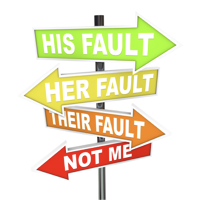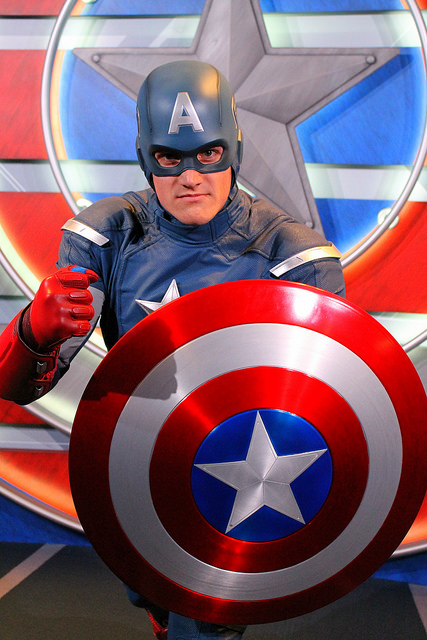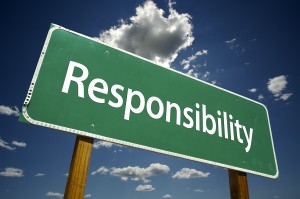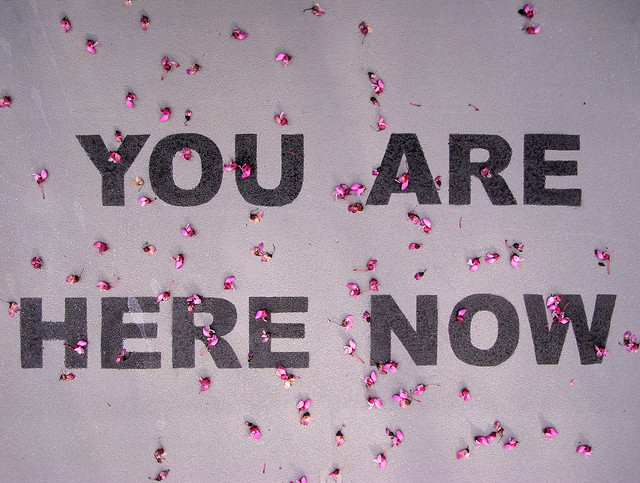“Elbow grease is the best polish.”
—English Proverb

When I was a boy, Vaseline was always in our medicine cabinet. This magical goo is simply a brand of petroleum jelly used for cosmetic purposes like removing makeup or soothing dry skin.
We also found that a little dab of Vaseline could put quite a shine on our shoes, and provide a bit of waterproofing as a bonus!
For us Baby Boomers, the term “elbow grease” simply means hard work and doing what it takes to make something good even better.
EXERCISE:
Which current personal or professional project would shine a bit brighter with a bit more elbow grease from you or others?









